
•Governor Umahi
The ideals of governance such as free education and other developmental projects which citizens can look up to from their government are contained in Chapter 2 of the Nigerian constitution titled ‘Fundamental Objectives and Directive Principles of State Policy.’
Unfortunately, the objectives are classified as ‘not justiciable’ rendering it impracticable for anyone to take legal action against the government if it fails to meet any of the objectives.
In addition, Section 308 of our Constitution provides that while in office no one can institute any legal proceedings against the President or Governor and their deputies. If so, what is the purpose of compiling a set of objectives for government to meet, when it is not under any obligation to meet the same objectives?
It is this poser that best illuminates the significance of Section 22 of the same Constitution which mandates the media to hold government accountable to the people. In other words, the media is the mechanism available to the Nigerian people to constantly propel their government to work for the betterment of society.
The political class is however aware that the assignment is herculean because media outfits in the country have from independence in 1960, remained understaffed, underequipped and underfunded.
The politicians, therefore, took two steps: the first was for each state to set up its own media which it can effectively place under lock and key, while the second was to financially support the activities of private media professionals thereby exercising economic control over them. Every government has since kept to this plan.
Only last Wednesday, when David Umahi governor of Ebonyi state was angry with two newspaper reporters in his state, he among other things announced an end to his government’s monetary support to the two organs. In truth, the said support has nothing to do with the newspapers; instead, they are pecuniary inducements for reporters to desist from disseminating any information not in the interest of government. To get the point clearer, one needs to note that security agencies in the state that are more substantially assisted by the same state governments get no such threats apparently because such agencies are themselves instruments of coercion.
This column would have had no problem with Umahi if only he stopped there, but he did not. Instead, it appears state actors who always validate whatever a governor intends to do wrongly advised him to use his state-owned radio and television to announce a life ban on the two reporters.
I originally disbelieved the story, more so as the governor’s media aide, Francis Nwaze reportedly disowned the report describing “the audio and video recordings as doctored and aimed at misleading the public.” He, however, confirmed the alleged wrong-doing of the reporters without stating how they were sanctioned. Consequently, many felt Nwaze did a poor damage control on behalf of his principal who had already attained within media circles, a reputation of the Lord of the Manor. If not, how come credible bodies were all condemning the governor. For example, the Nigerian Bar Association NBA expressed sadness over the governor’s action describing it as “anti-people and an attempt to gag the press. On its part, the Civil Liberties Organization CLO-South East Zone confirmed the intemperate broadcast which it deprecated as “the dissent to dictatorship and anti-democratic norms.”
The Socio-Economic Rights and Accountability Project (SERAP) on its part condemned what it called the “blatant intimidation, harassment and attacks on journalists in Ebonyi state” with an ultimatum of 48 hours for Umahi to reverse the illegal ban. Media umbrella bodies – the Nigerian Guild of Editors and the Nigerian Union of Journalists were similarly incensed.
The problem at stake was media reportage in the pandemic era for which a new law ‘the Ebonyi State Coronavirus and other Dangerous Infectious Diseases Law 2020’ was enacted.
The law prohibits false or misleading information capable of causing panic in the state which if breached attracts a fine or imprisonment or both. However, we were neither able to find the portion which empowers the governor to usurp the judicial function of determining guilt where there is a breach, nor did we see the inclusion of life-ban as punishment for the offence.
Umahi probably forgot to give himself such powers. Instead, he acted like an emperor thereby confirming the charge by the media that impunity is an integral part of governance in Ebonyi. Here, the allegation that it was the chairman of a local government that was empowered to direct the police to arrest one of the two journalists is instructive.
In July last year, some reporters were also reportedly assaulted on the orders of a member of the State Assembly representing Afikpo South West Constituency.
Unfortunately, the anti-media posture in Ebony appears to be a common feature in states governed by the opposition People Democratic Party PDP; hence a coalition of activists had 5 months ago accused the PDP of ignoring the harassment of journalists and several human rights violations by its governors.
In a letter to Prince Uche Secondus, the party’s national chairman, the activists specifically indicted Governors Ben Ayade of Cross-River and Udom Emmanuel of Akwa Ibom states respectively. Are these the governors who are above the law in Nigeria? One of the activists interviewed by this writer imagined that it was mere coincidence that PDP governors were the most visible.
He recalled that Waziri Tambuwal the PDP governor of Sokoto state showed excellent support for the media to oppose the obnoxious anti-social media bills.
If so, perhaps the current anti-media posture of some PDP governors is more like an irony because the usual thing in Nigeria is for the opposition party to be generally humane and media-friendly until it becomes the ruling party at the centre. Ordinarily, the ruling party is the bigger culprit.
But then, the political party of a governor is not the matter at stake, the real issue is the tendency for people in power to think they are unaccountable to anyone making it expedient to restate the point that whereas freedom of speech is a general right, the Constitution specifically mandates the media to hold government accountable to the people.
The ideal option open to an aggrieved governor is to point out the true facts of a subject and request an offending media organ to correct its error. If this fails, the due process of the law ought to be followed to sue the organ for damages – a process that guarantees greater sanctions for breaches.
But because those in power are anxious to show how powerful they really are, they resort to using law enforcement agents to inflict pain on perceived offending journalists, so as to intimidate all media professionals and make them incapable of checking political leaders.
The grave implication is that it is the society as a whole that is short-changed through poor governance that stultifies growth and development. State governors have sadly become the most prominent among our leaders who operate above our Constitution which they swore to obey. It is reprehensible. (Vanguard)


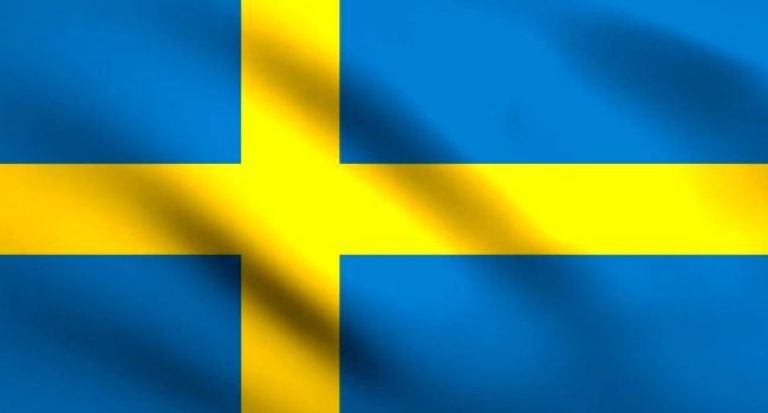
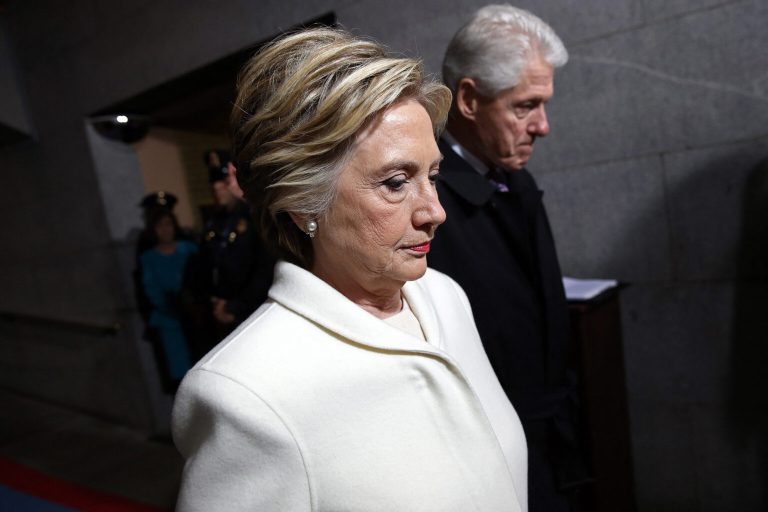
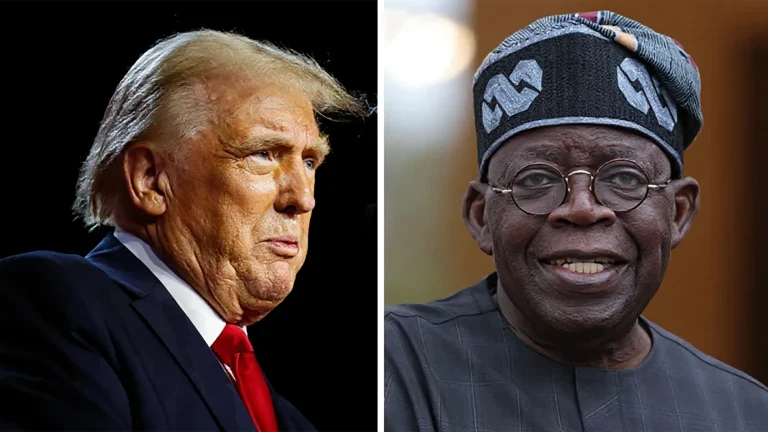
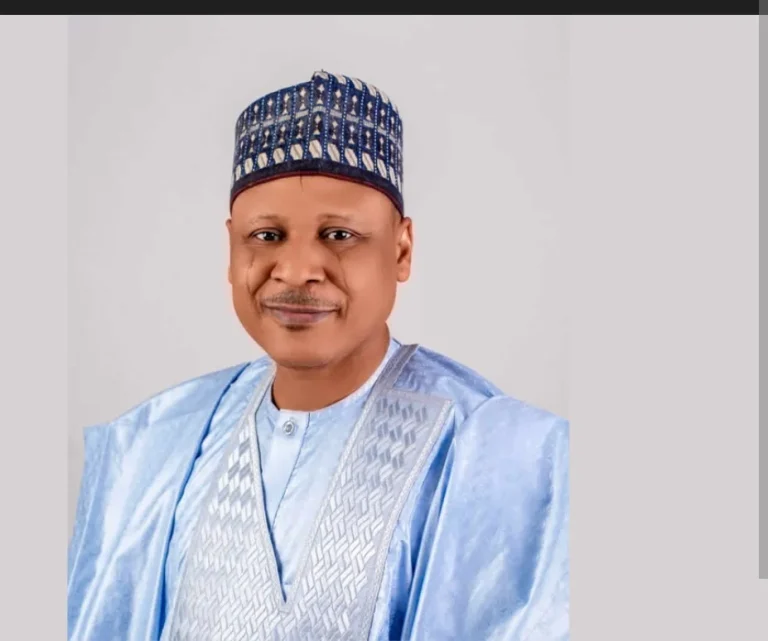
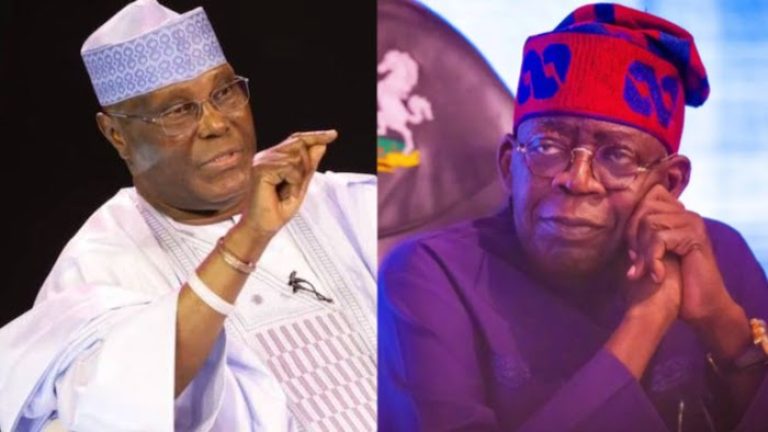
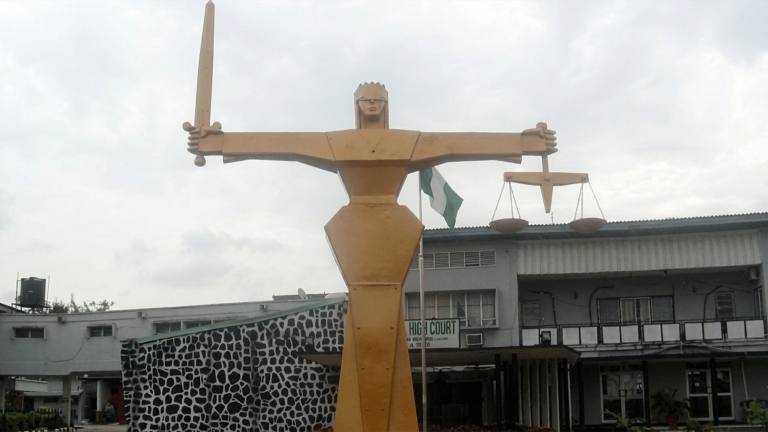
442423 133033Hello, you used to write excellent, but the last several posts have been kinda boringK I miss your tremendous writings. Past few posts are just a bit out of track! come on! 312083
785915 929974really great put up, i undoubtedly enjoy this web web site, maintain on it 920262